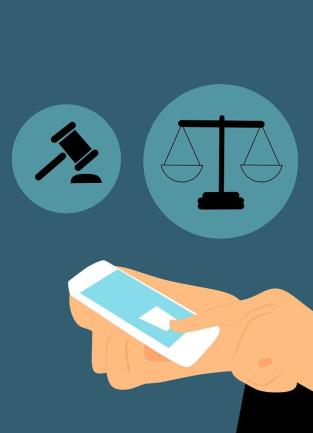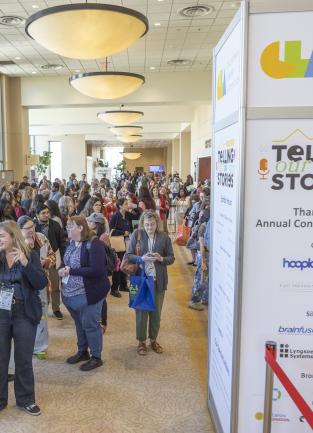Illegal Game Show Practices for $500!

Fri, 05/08/2022 - 05:00
Background
Like many others, I love watching reality competition shows. Survivor, Big Brother, The Amazing Race, Iron Chef, and RuPaul’s Drag Race are some of my favorite “must watch” reality competition shows. Apart from my personal enjoyment of these shows, what really piqued my interest in writing this blog post was a law journal article I recently came across. The article, “Keeping it Real: How the FCC Fights Fake Reality Shows with 47 U.S.C. 509” from the Chapman Law Review, examined a lawsuit against the television show Survivor and the application of 47 U.S.C. 509 against reality competition shows. The Survivor lawsuit started after a competitor on the first season, Survivor: Borneo, alleged that producers of the show “materially altered the outcome of the game” which led to the contestant being voted-off from the show [1]. The allegations and subsequent lawsuit would shine a light on the backstage practices of the American reality TV boom of the early 2000s. Other reality competition shows would soon come under fire for similar allegations at the time [1,2].
History of 47 U.S.C 509
47 U.S.C 509 came to be codified into U.S. law during the infamous quiz show scandals of the 1950s [1,2,3]. It came to light that some of the most popular quiz shows of the time, The $64,000 Question and Twenty-One, had been rigged to boost ratings [1,3]. Evidence had shown that producers of those shows would often prepare contestants with answers and coach contestants to conceal deceit while playing [1,2,3]. Congress eventually stepped in and passed an amendment to the 1934 Communications Act to outlaw the rigging of game shows [1,3].
47 U.S.C. 509 in the 2000s
In the early to late 2000’s, legal commentators and scholars would argue that reality competition shows, like Survivor, should be held against the standard under 47 U.S.C. 509 [1]. The language in this section of the United States Code states that, “it is unlawful for any person [with intent] to deceive the listening or viewing public [during] any contest of intellectual knowledge or intellectual skill.” Furthermore, the language of the code calls out the unlawfulness for any person to “supply any contest special or secret assistance [making] the outcome of such contest in whole or part prearranged or predetermined.”
One would think based on the language of the code; the Survivor case should be a “slam dunk” case for the defendant. Wrong. While the case itself was settled outside of court for an undisclosed amount [1], other legal scholars have noted that the “narrowly-tailored language” of 47 U.S.C. 509 only covers reality competition shows that challenge contestants using “intellectual skills, intellectual knowledge, or chance” [1,2]. These would be games shows like Jeopardy!, Wheel of Fortune, and Who Wants to be a Millionaire? Game shows, or reality competition shows (as they like to be called), typically follow a format in which contestants are voted off by other contestants, or eliminated by a panel of judges (e.g., Survivor, Big Brother, RuPaul’s Drag Race) [1,2]. Legal scholars have pointed out that holding shows like Survivor accountable under 47 U.S.C. 509 is extremely difficult [1,2].
Protections for Reality Competition Shows
In order to protect themselves from possible legal liabilities, shows like Survivor have gone so far as to hire production counsel or “compliance experts” that oversee the “legal fairness” of the show and ensure that the talent (i.e., contestants) abides by the rules [3]. As one attorney put it, “there are so many no-skill, nonintellectual components that a lot of the competition shows don’t fit into the quiz show statutes anymore” [3]. Regardless, competition shows like Survivor, Big Brother, and RuPaul’s Drag Race don’t take any chances when it comes to a possible lawsuit.
Written by: Michael Van Aken, Library Technician
References and Resources
[1] Brietigam, G. (2019). Keeping It Real: How the FCC Fights Fake Reality Shows with 47 U.S.C. 509. Chapman Law Review, 22(2), 369-408. *
[2] Podlas, K. (2007). Primetime Crimes: Are Reality Television Programs “Illegal Contests” in Violation of Federal Law. Cardozo Arts & Entertainment, 25, 141-172. *
[3] Etter, L. (2014). The Lawyers of Reality TV. ABA Journal, 100(12), 59-63. *
[4] Article about the Survivor case
[5] Article on the quiz show scandals of the 1950s
*Article is available on the HeinOnline database











